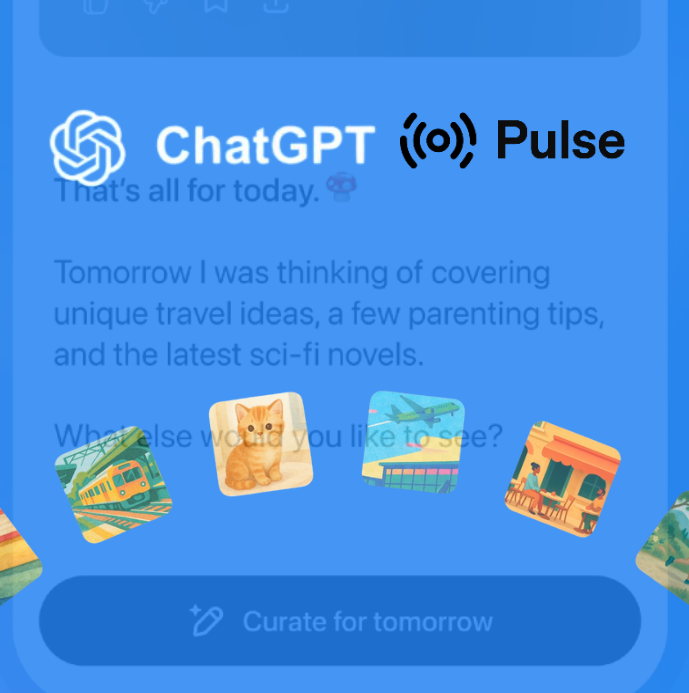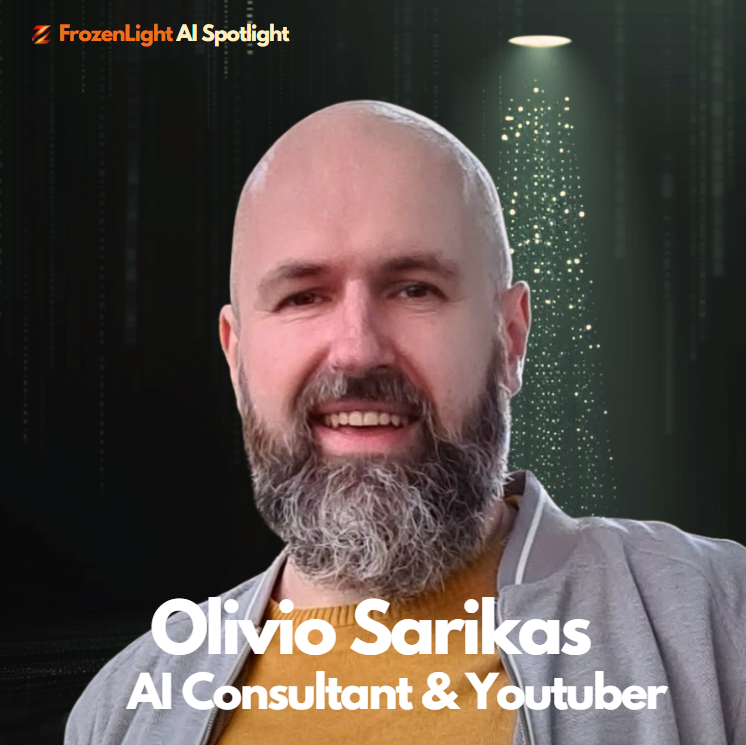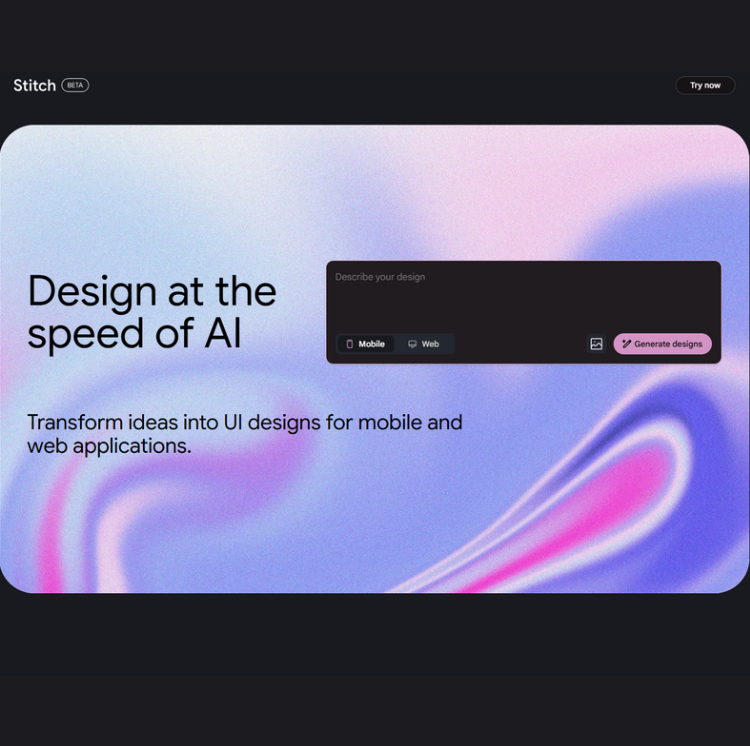
Mistral Saba is an open-weight language model that doesn't try to beat GPT-4.
It’s doing something different: it’s actually fluent in Arabic, Tamil, and Malayalam, and it doesn’t treat your language like a plugin. By plugin we mean translation.
Mistral Saba is a statement: language is identity - and Saba was built to speak it properly.
🏢 What the Mistral Is Saying
Mistral is positioning Saba as a model that values accuracy and fluency in regional languages, not just large-scale benchmark wins.
“Saba shows that accurate, fast, culturally fluent models are possible - even on one GPU.”
– Mistral, Official Blog
“We’re focusing on performance in real-world settings, not just big model benchmarks.”
– Mistral Engineering Team
They aren’t offering a full product or assistant. They’re offering the core model - so others can build experiences that are truly native to their users and regions.
🧠 What That Means (In Human Words)
Saba is a 24B parameter open-weight language model, trained with a specific focus on:
-
Arabic
-
Tamil
-
Malayalam
This means:
-
It predicts the next word more accurately in these languages
-
It understands structure, tone, and idiom without needing translation tricks
-
It can be used to build tools that sound natural - not like a machine translating English
🧩 Let’s Connect the Dots
Mistral Saba is not a chatbot.
It is a multilingual language model that developers can build on top of. This is a foundational difference in how responsibility, control, and language behavior are handled.
🤖 The Difference Between a Bot and a Module
Saba is a module - meaning it’s a trained language model that can generate fluent responses in Arabic, Tamil, and Malayalam.
But it does not come with conversation features out of the box.
To use it in a chatbot or assistant, the developer must build:
-
A user interface
-
A memory system (to track past interactions)
-
A tone or personality layer
-
Safety filters, rules, or constraints
-
A system to handle user prompts, interruptions, or follow-ups
Saba can handle context, but only when the developer provides it.
It doesn’t store or manage conversations on its own - that responsibility sits entirely with the builder.
Who Owns What: Module vs Bot
|
Type |
What It Is |
Interface Included? |
Who Owns the Behavior? |
|
Open module (like Saba) |
A trained model that generates text. No interface, no memory, no moderation. |
❌ No |
The developer using it |
|
Chatbot (like ChatGPT, Gemini, Perplexity) |
A product that wraps a model in a user experience: memory, tone, safety settings, and interface. |
✅ Yes |
The company that built it |
Example
|
Platform |
What Was Released |
Interface Included? |
Who Owns the Behavior? |
|
Mistral Saba |
Model only |
❌ No |
The developer using it |
|
ChatGPT (OpenAI) |
Full chatbot + model |
✅ Yes |
OpenAI |
|
Gemini (Google) |
Assistant UI + model |
✅ Yes |
|
|
Perplexity |
Search + Q&A product |
✅ Yes |
Perplexity |
🧰 What About Custom Bots?
Google now offers “Gems” and openAI allows Custom GPTs - so let’s compare again.
|
Platform |
Custom Bot Feature |
How Much Control Do You Have? |
Notes |
|
Mistral Saba |
❌ No interface provided |
Full - you build everything |
Open weights let you control tone, memory, and UX |
|
ChatGPT (OpenAI) |
✅ Yes - Custom GPTs |
Medium to High - includes memory, tools, tone |
Hosted by OpenAI, flexible but not open-source |
|
Gemini (Google) |
✅ Yes - Gemini Gems |
Medium - you define behavior via instructions |
Hosted by Google, no training or tool control yet |
|
Perplexity |
❌ No custom bot option |
Low - product behavior is fixed |
Not designed for customization |
📌 Bottom Line
Price: Free & open-weight
Access: Download from Hugging Face or run via API
More Info: mistral.ai/news/mistral-saba
❄️ Frozen Light Team Perspective
Mistral is standing for something we admire - the understanding that language is not just translation, it’s culture.
Knowing how to translate and knowing how to speak are two very different things.
By standing for that, Mistral is helping democratise AI, supporting the initiative that AI should be accessible in every language - and able to carry tradition and culture, not just grammar.
That’s a great move, and we want to say: this is good for all of us - thank you, Mistral.
But on the other hand, we can’t let this lead to confusion.
We’ve already seen people say:
“If Mistral can do it on one GPU, why can’t ChatGPT or Gemini - with all their money and infrastructure?”
We wouldn’t have a problem saying that - if it were true.
But it’s not the same thing.
These big models - ChatGPT, Gemini, Perplexity - aren’t just modules. They are chat products.
Even when they give us tools to customise them, they take responsibility for:
-
The toneThe conversation
-
The answers
-
The safety
That makes their task more complicated.
Mistral is different.
It’s a backend - a model only.
Accountability is in the developer’s hands.
We’re not here to say what’s better or worse - we’re just here to make sure that part is clear.








